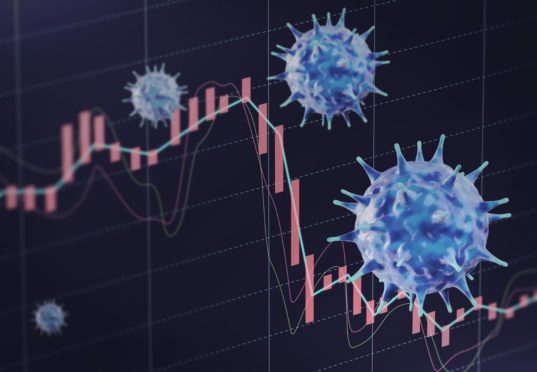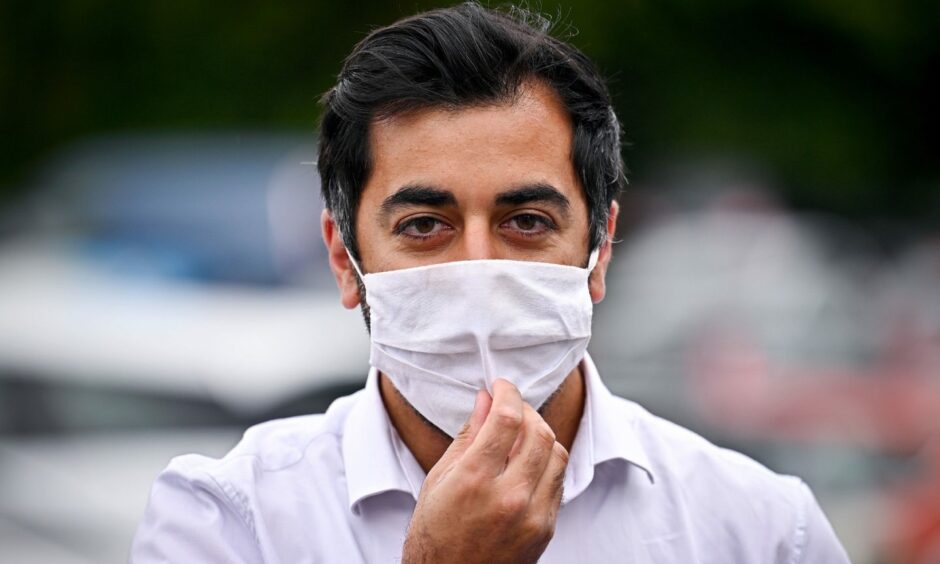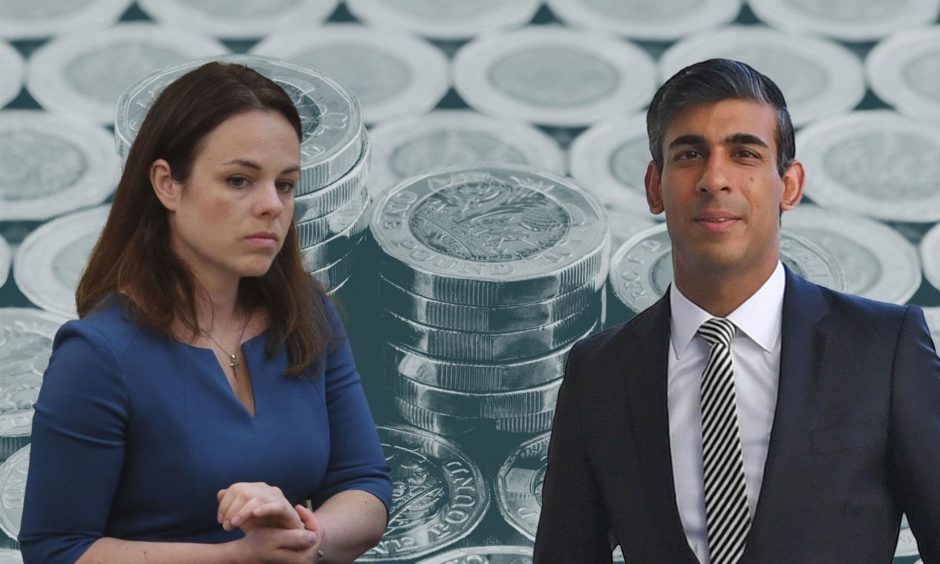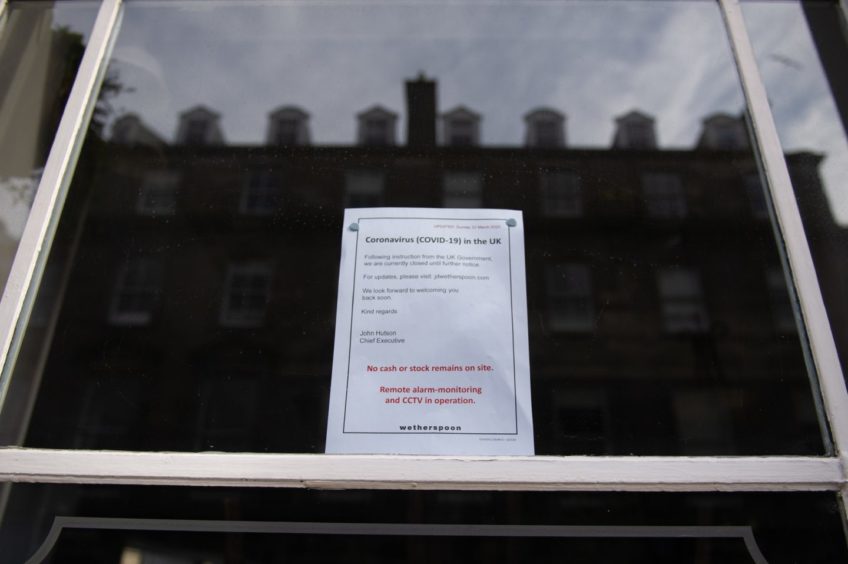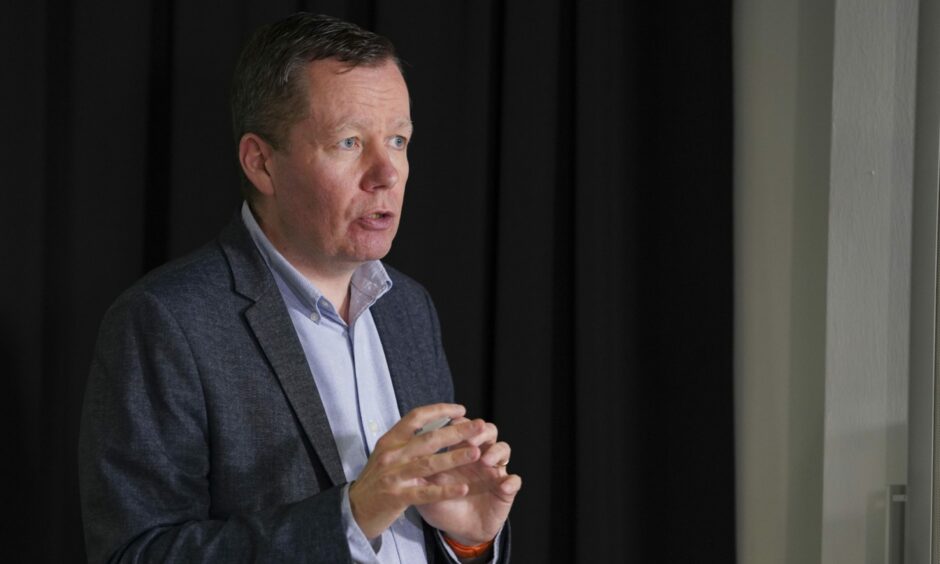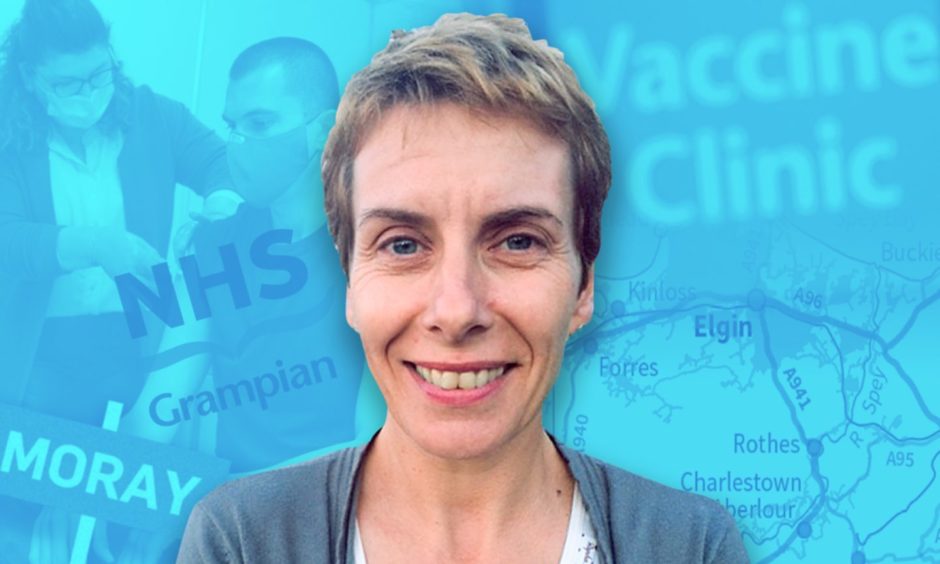Coronavirus vaccine passports are being brought in across Scotland in a bid to prevent the reimposition of more widespread restrictions but that is “always an option we have to consider”, the health secretary has said.
Humza Yousaf conceded ministers have previously expressed concerns about introducing vaccine certificates but added that the recent spike in Covid-19 cases means “circumstances have changed”.
His comments came the day after first minister Nicola Sturgeon announced vaccine passports are being brought in as a condition of entry for nightclubs and other large events, such as music festivals and some football matches.
Ms Sturgeon confirmed the plans as she warned it is “by no means impossible” that Scotland could see 10,000 new infections of coronavirus a day, and questions remain over what steps the government could take if cases continue to surge.
Cases in the country are now five times higher than they were four weeks ago, with the first minister stressing the situation is still “extremely concerning”.
To help combat the spread, the Scottish Government plans to bring in the vaccine certification scheme, which will apply to clubs as well as unseated indoor live events with more than 500 people in the audience.
The measure, which is due to be approved by Holyrood next week, will also be applied at unseated outdoor events with more than 4,000 in the audience, and at any event with more than 10,000 in attendance.
Restrictions ‘always an option’
Mr Yousaf said: “Ultimately we are bringing this forward because we don’t want to reimpose restrictions, we never have wanted to introduce restrictions, no government wants to restrict people’s behaviours in any shape or way.
“But of course that is always an option we have to consider, particularly if we see the rise in cases we got last week.”
Mr Yousaf told BBC Radio Scotland’s Good Morning Scotland programme that while the sharp rise in cases last week had given ministers “significant concern”, the early indications from this week’s figures suggest “hopefully that the rate of increase is beginning to slow down”.
He added that while cases were not yet declining “the rate of increase is beginning to slow down”.
No money for furlough
That will come as welcome news to Scotland’s finance secretary, Kate Forbes, who warned this week that there is no money available for business support or furlough if Scotland imposes another lockdown – unless the UK Government agrees to fund it.
With cases reaching record levels over the weekend, a government spokesman said that while no-one wants to see a return of formal restrictions, “we cannot rule anything out as cases continue to surge”.
Under questioning from Holyrood’s finance committee, Ms Forbes admitted the Scottish Government’s finances are “just not sufficient” to offer furlough and other support in the event of new restrictions without the help of the UK Government.
Speaking through a video link, she said: “One of the biggest challenges right now from a financial perspective is the fact that there hasn’t been that much additional consequential funding from the UK Government in the last few months.
“Right now we are trying to remobilise the health service, remobilise the justice system, remobilise a whole host of different public services, as well as deal with the ongoing Covid impact from a budget that has not been supplemented by additional consequentials coming from the UK Government in the way that it was last year.”
Ms Forbes added that “the pressures on the Scottish budget are such that we really, really need the sort of structural supports for businesses to be in place – furlough, self-employed income support – if we were to find ourselves going into another lockdown”.
Are we heading for a circuit breaker lockdown?
The finance secretary stressed that ministers have not yet been discussing plans to reimpose restrictions or a so-called circuit breaker lockdown.
Reports had suggested the Scottish Government is considering such a move to help stem the spread of the virus after the surge in cases in recent weeks.
It would mean introducing tough measures for a short time to slow the spread of infections, similar to the one introduced in the central belt for several weeks in October last year – again following a steep rise in cases.
While any new circuit breaker would likely to be different to last Autumn’s, that one included the closure of pubs and restaurants and restrictions on the sale of alcohol indoors. Many indoor and outdoor activities were also banned.
“That’s not what we’re discussing at the moment; we’re talking about trying to maximise the impact of the baseline measures,” Ms Forbes said.
“But if we were to, then we have no certainty that furlough will be in place, we have no certainty that self=employed income support will be in place, and I have no certainty that there will be any additional funding in place.
“I am not sitting on funds right now that I could deploy to support businesses. We would need additional help from the UK Government.”
Watching closely
Nicola Sturgeon also stressed a circuit breaker is not being considered and pointed to the success of the vaccination programme in reducing the need for lockdown rules.
“We know that the measures which have been in place for the last 17 months have in themselves caused serious harm,” she said. “They have disrupted schools, hurt the economy and affected wellbeing.”
However, the SNP leader also warned that the current surge in cases cannot be ignored.
“My job in times like these is not to be popular, it is to take any decisions, no matter how difficult, that are necessary to keep us safe,” Ms Sturgeon said.
“In particular, we are currently watching closely to see whether, and to what extent, we might start to see significant increase in serious illness.”
Christmas cancelled?
Scotland’s national clinical director, Jason Leitch, said this week he is “hopeful” a traditional Christmas will not have to be cancelled again in 2021, despite growing concerns over how the NHS will cope this winter.
People were allowed to gather in small groups on Christmas Day last year before the country went into another lockdown but were encouraged not to mix where possible.
Professor Leitch – who warned Scots to prepare for a “digital Christmas” in 2020 – said he is hopeful family gatherings will not have to be cancelled again this year but warned there is “a bit of a storm coming in the winter”.
“We’re not sure what flu will look like, he told the BBC. “The southern hemisphere, Australia and New Zealand, has had a relatively mild flu season.
“We’re hopeful that we will also have a mild flu season but we cannot guarantee it. It will be stopped by the same things that stop Covid.
“But the winter for infectious disease is always tough. Our hospitals are prepared for that, we’re ready. The vaccination programme is about to begin, and I would encourage everybody to get their flu vaccine.”
Jillian Evans, head of health intelligence at NHS Grampian, says modelling suggests worse is still to come in terms of Covid-19.
She told Radio Scotland: “There’s every chance, and very likely, that case numbers will continue to rise unless there are some changes to restrictions.”
Ms Evans said there are now limited ways to keep the virus under control – such as self-isolating, testing and vaccination.
“I am really worried that things are going to get worse before they get better,” she added.
How can we avoid further restrictions?
Deputy first minister John Swinney also discussed vaccine passports during an appearance at Holyrood’s Covid-19 Recovery Committee on Thursday.
He said part of the reasoning behind the scheme is to increase uptake of vaccines in younger people – and that this could be crucial in avoiding further restrictions.
Mr Swinney said: “This has the potential to provide us with some greater uptake as a consequence of taking this step.
“What we have to balance that against is the likelihood that unless we take action to further improve vaccination levels, we may have to take action at a later stage which may lead to the application of further restrictions.”
